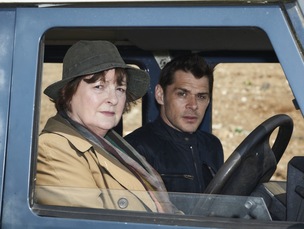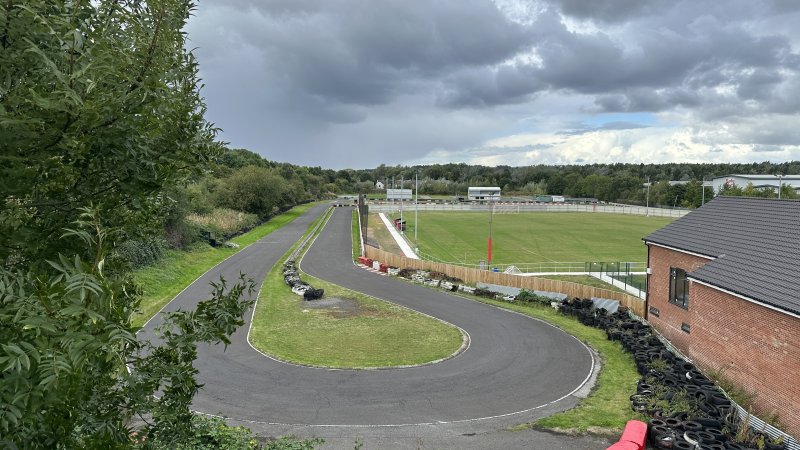Every year, around 30,000 people in the UK suffer a cardiac arrest outside of hospital.
Sadly, survival rates remain worryingly low, with the Resuscitation Council putting the number of people who survive a cardiac arrest at just ten per cent.
In Yorkshire, survival rates are even worse, with only one in thirteen people surviving an out-of-hospital cardiac arrest, and in our region alone, approximately 3,000 people die each year in this way.
However, NICE estimates that if CPR is administered correctly and continuously, survival rates are quadrupled.
If defibrillation is started between three to five minutes following collapse, this can increase to around 50 to 70 per cent.
Every minute of delay reduces the likelihood of survival to hospital discharge by ten per cent.
Sadly, NHS Charities Together found that fewer than three in ten people feel confident enough to deliver emergency CPR, and St John’s Ambulance found that only 15 per cent of people feel confident enough to use a defibrillation device on someone who is suffering a cardiac arrest.
Most people are not aware that, in the event of having to administer defibrillation shocks, the device walks you through every step of the way, from where to place the pads on the individual’s chest, to when to press the shock button.
These are really alarming numbers, and, considering the low survival rates of cardiac arrests across the UK, there must be more awareness raised about how to help if an incident occurs.
Restart a Heart Day takes place every October to bring together an alliance of partners from across the world in a variety of sectors to raise awareness of cardiac arrests, facilitating training in resuscitation and CPR.
I have been pleased to be in touch with the Resuscitation Council in the past, who are a major proponent of Restart a Heart Day.
They have delivered CPR training to lots of different people, showing them how to administer chest compressions and use a defibrillation device, should it be necessary. The process is quick and easy, and really could save a life.
Training can be found online at www.resus.org.uk, as this is the best way to reach as many people as possible to ensure that they have at least basic CPR training, accessed from the comfort of their own homes.
The British Heart Foundation also run a service called The Circuit, which aims to track every defibrillator across the country so that the closest device can be accessed in an emergency. You can register a device, or find out where your closest defibrillator is, at www.thecircuit.uk.
The more people who can confidently deliver CPR or deliver defibrillation when needed, the better.
Barnsley Council have their How’s Thi Ticker programme, which has delivered more than 7,500 free blood pressure checks across the community in local settings.
For most people, high blood pressure is unlikely to cause any symptoms, but if left untreated, it could cause a strain on the heart. This has been so successful that it has won 2024’s Local Government Chronicle (LGC) public health award, so make sure you get involved if you see the team out and about.
It is tragic to think that lives may well have been saved, if more people knew where to access information about what to do in the event of a sudden cardiac arrest.
If you can spare some time, I would encourage everyone who can to look at the content available at www.resus.org.uk.

.png)



























